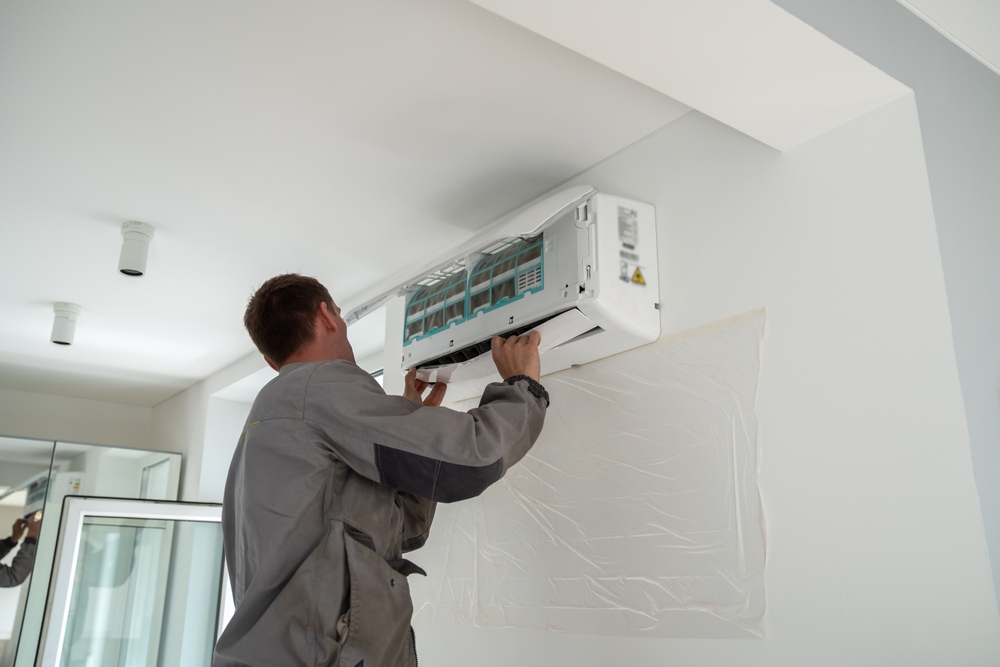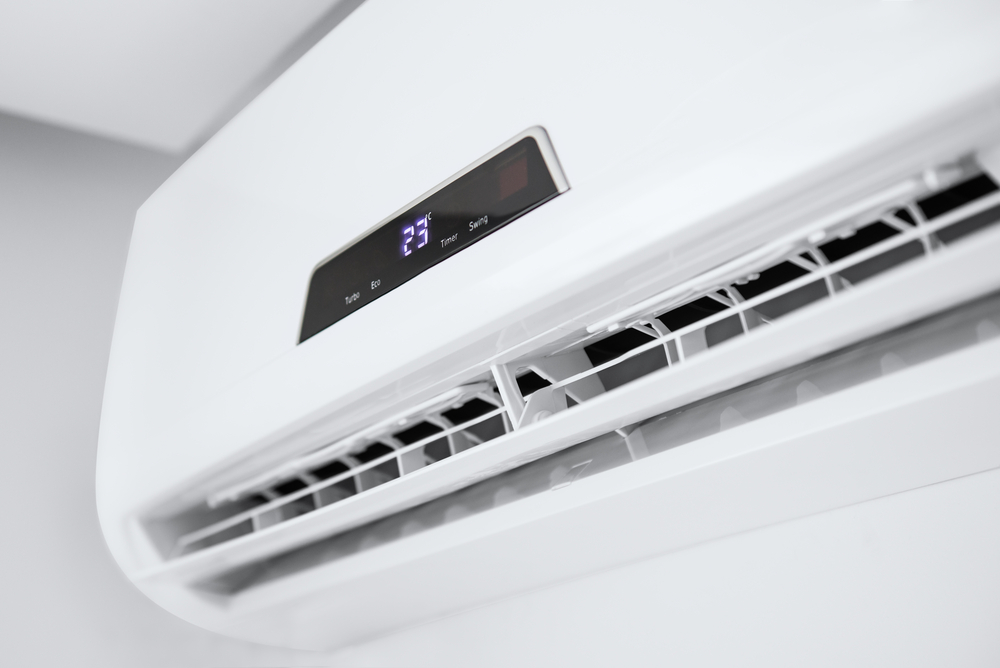Finding the Perfect Mini-Split HVAC System
When it comes to heating and cooling solutions, mini-split HVAC systems have gained immense popularity due to their efficiency and versatility. Whether you’re looking to cool a single room or your entire home, these compact units offer great flexibility, allowing for zone-based temperature control while maximizing energy savings. In this blog, we will navigate the world of mini-splits and discuss the best options available, helping you make an informed decision for your home or business.
Understanding Mini-Split HVAC Systems
Before we dive into the best mini-split models, let’s familiarize ourselves with how these systems work. Mini-splits consist of two main components: an outdoor compressor/condenser unit and an indoor air-handling unit. These units are connected by refrigerant lines, eliminating the need for ductwork.
This lack of ducts reduces installation costs and prevents energy losses that typically occur in traditional central HVAC systems. Moreover, mini-splits offer the ability to individually control the temperature in each zone, allowing for personalized comfort.
Factors to Consider when Choosing a Mini-Split HVAC System
- Cooling and Heating Capacity: Assess the size and layout of the space you intend to cool or heat, as this will determine the system’s capacity requirements. A unit that is too small will strain to meet the demand, while an oversized unit will cycle on and off frequently, leading to inefficient operation.
- Energy Efficiency: Look for mini-split systems with high Seasonal Energy Efficiency Ratio (SEER) and Heating Seasonal Performance Factor (HSPF) ratings. These ratings indicate the system’s efficiency in both cooling and heating modes. Opting for energy-efficient models ensures lower utility bills and reduced environmental impact.
- Noise Aspect: Consider the noise levels generated by the indoor and outdoor units. A whisper-quiet operation is essential, particularly for bedrooms or living spaces where silence is desired. The best mini-split systems will be engineered to provide an unobtrusive and peaceful environment.
- Smart Features: Explore units that offer smart capabilities, such as Wi-Fi connectivity and smartphone app control, enabling you to manage your HVAC system remotely. This functionality allows for better temperature regulation and energy management even when you’re away.
Top Mini-Split HVAC Systems
- Daikin: Known for its high-quality air conditioning solutions, Daikin offers an extensive range of mini-split systems suitable for different space requirements. Their units are renowned for exceptional energy efficiency, whisper-quiet operation, and advanced smart features. Daikin mini-splits excel in performance and reliability, making them a top choice for homeowners and commercial enterprises.
- Mitsubishi Electric: Pioneers in the mini-split industry, Mitsubishi Electric boasts a vast array of systems specifically designed to deliver optimal comfort. Their units are renowned for their cutting-edge technology, including advanced heat pump options, zoning capabilities, and air purification features. Mitsubishi Electric mini-splits offer unmatched efficiency, precise temperature control, and low noise levels.
- LG Electronics: With a reputation for innovation and quality, LG Electronics offers an impressive lineup of mini-split systems that combine style and functionality. Their units feature advanced inverter technology for efficient operation, allowing for rapid cooling or heating with minimal energy consumption. LG’s models also emphasize air quality with built-in air filtration systems, ensuring a comfortable and healthy environment.
Why Choose PlumbSmart
As you delve into the realm of mini-split HVAC systems, it’s crucial to partner with a reliable and reputable provider. That’s where PlumbSmart comes in. With years of experience and dedication to excellence, PlumbSmart is your go-to source for all your HVAC needs. Our team of skilled technicians can guide you through the selection process, ensuring you find the perfect mini-split system for your specific requirements.
At PlumbSmart, customer satisfaction is our top priority. By offering top-notch products and exceptional service, we guarantee a hassle-free installation process, optimal system performance, and ongoing support.
Contact PlumbSmart Today for Your Mini-Split Needs
Selecting the ideal mini-split HVAC system is a significant decision that can impact your comfort, energy efficiency, and overall well-being. You’ll make a well-informed choice by considering factors such as cooling and heating capacity, energy efficiency, noise levels, and smart features.
PlumbSmart is a trusted HVAC provider, offering an extensive range of reliable and high-performing mini-split systems. With our commitment to quality and customer satisfaction, PlumbSmart ensures an optimal solution tailored to your needs.
Contact us today to learn more about our comprehensive range of services and experience the ultimate comfort a meticulously selected mini-split HVAC system provides.


